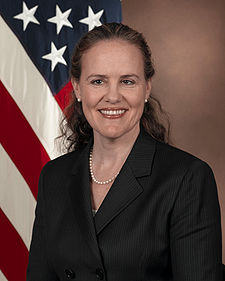
The Government Accountability Office identified 19 global organizations “whose international activities significantly influence the security and governance of cyberspace.”
The organizations range from information-sharing forums that are non-decision-making gatherings of experts to private organizations to treaty-based, decision-making bodies founded by countries. The groups address a variety of topics from incident response, the development of technical standards, the facilitation of criminal investigations to the creation of international policies related to information technology and critical infrastructure, the GAO stated.
From the GAO report:
- Asia-Pacific Economic Cooperation (APEC) is a cooperative economic and trade forum designed to promote economic growth and cooperation among 21 countries from the Asia-Pacific region. APEC's Telecommunication and Information Working Group supports security efforts associated with the information infrastructure of member countries through activities designed to strengthen effective incident response capabilities, develop information security guidelines, combat cybercrime, monitor security implications of emerging technologies, and foster international cybersecurity cooperation.
- Association of Southeast Asian Nations (ASEAN) is an economic and security cooperative comprised of 10 member nations from Southeast Asia. According to the 2009-2015 Roadmap for an ASEAN Community, it looks to combat transnational cybercrime by fostering cooperation among member-nations' law enforcement agencies and promoting the adoption of cybercrime legislation. In addition, the road map calls for activities to develop information infrastructure and expand computer emergency response teams (CERT) and associated drills to all ASEAN partners.
Continue reading “The 19 most influential cybersecurity organizations in the world (GAO)”





